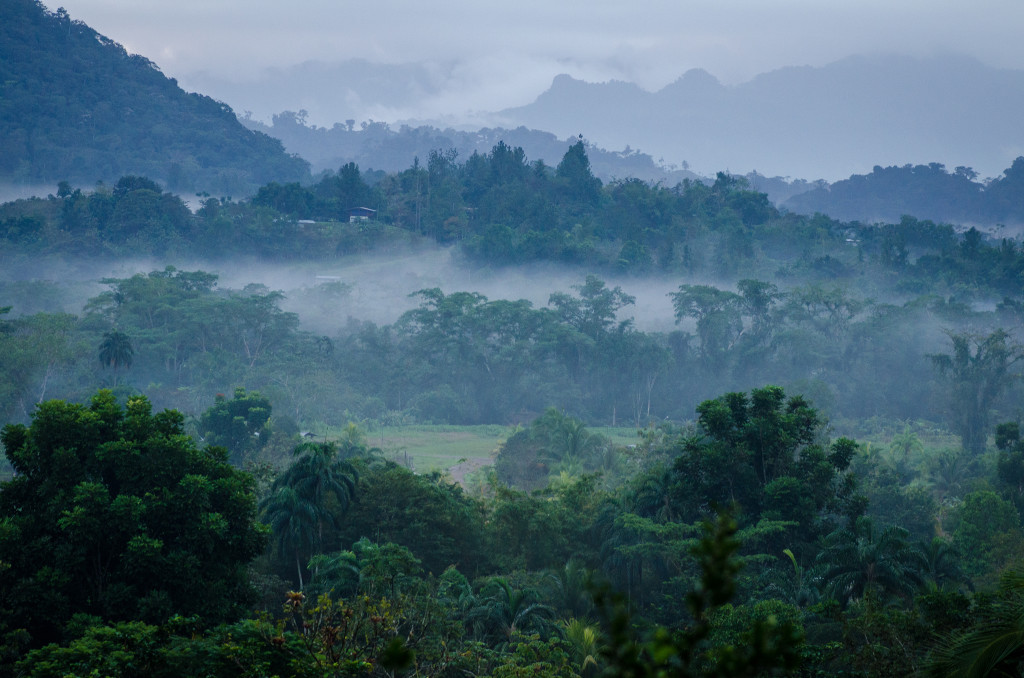Panama has led the way in proposing that the role of forests be included in the Paris agreement at the Conference of the Parties (COP 21).
According to the Ministry of Multilateral Affairs and Cooperation, the Central American country has proposed a major alliance between 52 countries. The “Alliance for Rainforest Nations” is the second largest bargaining unit after the G77+China, the ministry said.
“We have worked for over a year to achieve consensus on the position of this group of 52 countries, the second most important in the negotiation of the summit,” said Multilateral Affairs and Cooperation Vice Minister Maria Luisa Navarro.
“We hope that world leaders recognize that to meet the target of keeping the increase in temperature below 2C, the protection and conservation of forests is essential.”
The minister also stressed that Panama not only promoted this initiative at global level but led by example.
“We are the only country to incorporate in its national government strategy, compliance with the five components of protection, conservation, restoration and forest management called ‘Reducing Emissions from Deforestation and Forest Degradation (REDD+),'” the vice minister said.
“The REDD+ contributes to achieving the sustainable development goals and also improves the quality of life for Panamanians and our future generations.”
The Panamanian delegation has participated in more than 30 summit meetings at which projects of the National Strategy on Climate Change and the Alliance for the Million Hectares will be presented, as well as a portfolio of the 10 Nationally Appropriate Mitigation Actions to identify international funding for these and other projects.
According to the Embassy of Panama, the delegation includes representatives from the Ministry of Education, the National Energy Secretariat, the Technological University of Panama and the Water Center for the Humid Tropics of Latin America and the Caribbean.
More than 130 world leaders have discussed at the conference a new agreement to come into effect in 2020, to replace the world’s first carbon-cutting pact, the Kyoto Protocol.
